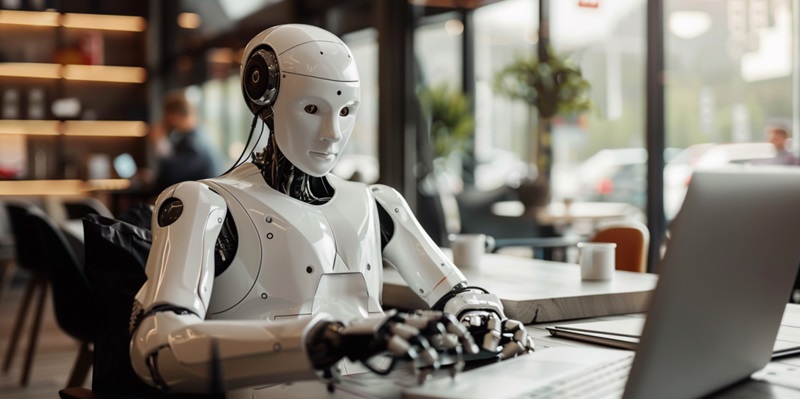The advent of Artificial Intelligence has ushered in a transformative era of innovation and efficiency. AI’s capacity to perform complex tasks at unmatched speeds presents an unprecedented opportunity for advancement. The technology promises to liberate humans from repetitive and mundane tasks, allowing for a potential increase in creative and strategic roles. However, this technological renaissance is accompanied by a stark dichotomy: AI’s ability to automate is outpacing the average worker’s ability to adapt. As industries lean heavily on AI, a significant number of jobs are at risk, revealing a grim, dual-sided reality.
The heart of the dilemma lies in the inherent mismatch between the types of jobs being lost and the nature of roles that AI is creating. Skills required for burgeoning AI-driven sectors often demand advanced education and technical expertise, a stark contrast to the more accessible jobs being displaced. This dissonance spells trouble for workers whose roles are targeted by automation, as retraining and education present both a time-intensive and financial challenge.
The Wealth Disparity Debate
AI’s rise brings great promise, streamlining tasks and fostering innovation. It offers the chance to shift human focus from menial work to more creative pursuits. Yet, as AI swiftly takes over jobs that don’t require specialized skills, the workforce faces a dire challenge. Many current jobs are disappearing, with AI-created roles often requiring advanced technical abilities and education. This skill gap is a roadblock for those whose jobs are automated, as retraining can be costly and time-consuming.
The paradox of AI’s impact is stark. While it propels progress, it also accelerates job displacement, leaving a question over how workers will transition. Thus, despite AI’s potential to enhance society, it also poses the risk of widening the divide between the high-skilled elite and the vulnerable average worker, unless significant investment is made in education and retraining programs to bridge the gap.

